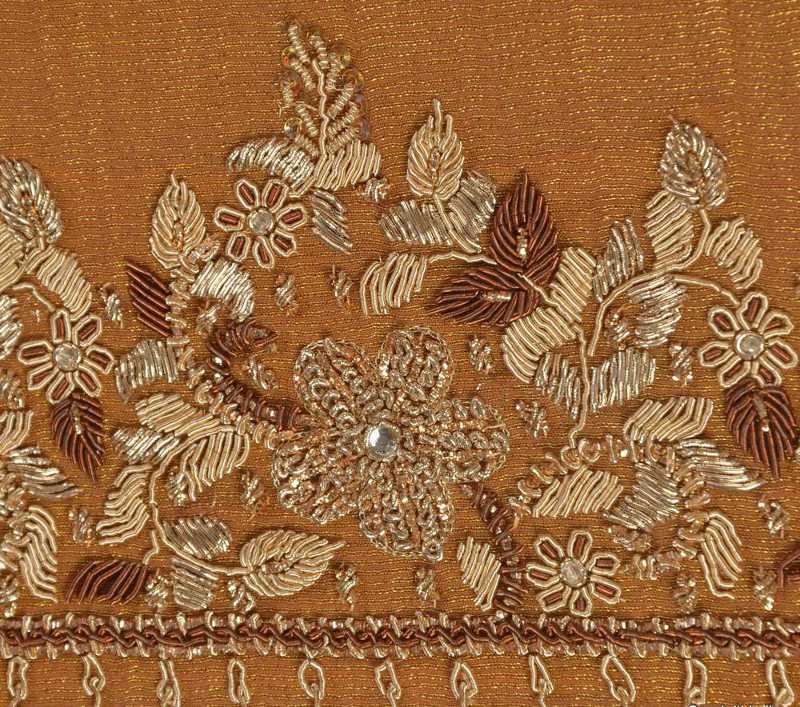===
0344,
8
===

=== |
 |
ʿajab : 'Wonder; astonishment; admiration; a wonderful thing; —adj. Wonderful, marvellous, astonishing, amazing, miraculous, strange, extraordinary, rare; droll'. (Platts p.758)
firqah : 'A distinct body or class (of men), a party, body, troop, company, society, class, sect, tribe, kind'. (Platts p.779)
FWP:
SETS == BHI; POETRY
MOTIFS == GATHERINGS; SPEAKING
NAMES
TERMSTo push the versatility of the kā a little further, how about 'I am a lover who is of (from, among) this group', in the sense of belonging to it? I agree that it's a secondary meaning, but I don't see any reason to rule it out.
Note for grammar fans: This is one of those cases where the bhī does not mean 'even' or 'also' as it usually does; instead, it conveys some kind of colloquial emphasis. It's easy to see that a claim that 'even poets' or 'poets too' are extraordinary, wouldn't work at all in the context of the verse.